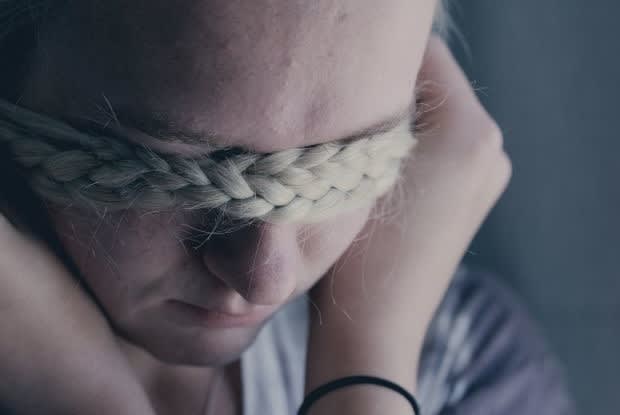Table of Contents
I. Acne in Children and Teenagers
II. Social Withdrawal and Depression
III. How is the Psychological Impact of Acne Assessed?
IV. The Link Between the Mind and the Skin
Acne can cause undesirable changes to your facial appearance. Whiteheads, blackheads, and pimples can occur for many reasons, and they may be chronic or inflammatory for many people. But the impact of acne isn’t limited to the skin on your face, shoulders, neck, and arms. Acne can affect more than your physical characteristics—it can affect your mental health.
It is common to see acne cause psychological struggles, so it is all the more important to manage any acne symptoms promptly with acne drugs like Retin-A-Cream. Early treatment with retinoic acid or Azelex cream can prevent scarring-related low self-esteem and depression. Mental disorders caused by acne are more common in children and teenagers, but acne can cause anxiety and depression in people of all ages. Read on to learn more about the relationship between the mind and the skin.
Acne in Children and Teenagers
Children and teenagers who are dealing with acne are the most likely demographic to feel the psychological impact of this skin condition. Teens going through puberty also experience hormone changes, so acne breakouts can be particularly painful during this time. [1]
Adolescents are easily affected by their peers while they mature and find their identities. In the mind of many, acne reduces attractiveness, which can lower the perceived status of a teen. This can lead to self-esteem and body image issues. Signs that an acne patient’s self-esteem is affected include: Acne can lead to depression if a person’s symptoms are subjected to taunts and bullying from other teens. Acne can make it more difficult to form friendships and relationships, causing the person to become shy and reclusive. While rare, a social phobia may develop if the impact on confidence is severe. [1] A lack of positive social interaction is one of the main causes of depression. Acne-related social withdrawal and depression does not only affect kids and teens. Having acne can cause adults to take sick days from work, pass on opportunities, and land fewer jobs as a result of poor confidence. Statistically, more people who are affected by acne are unemployed than those without acne. When someone perceives acne as professionally unacceptable, they may feel like their career choices are limited. These factors can have very real implications concerning mental health. Signs that depression may have taken root include: Depression is not a mental disorder that should be ignored. When someone is depressed, simple acts like waking up in the morning may become incredibly challenging. If depression becomes severe, a person can have suicidal thoughts. [2] If you feel like your acne is limiting your enjoyment of life and your level of social engagement, talk to your doctor or psychiatrist. There are several methods that your doctor can use to assess the impact of acne on your mental health. Some common assessment tools include: Because so many patients with acne struggle with embarrassment, anxiety, depression, and other forms of psychological hurdles, it is clear that unwanted changes in appearance can seriously reduce happiness, confidence, and self-esteem. What doesn’t get discussed enough, however, is the reverse—how the mind can worsen acne breakouts. According to the discipline of psychodermatology, the nervous system, skin, and immune system are all interlinked. Due to this connection, emotions can cause physical reactions, just like how nerves around public speaking can cause a person’s face to get red and hot. Humiliation, anger, and stress can dilate the blood vessels underneath your skin, and this is believed to exacerbate acne symptoms. Studies show that finding ways to control and calm your emotions can have a positive impact on acne. [6] Improving your diet, skincare routine, and remaining aware of your mental wellbeing can help maintain your physical and psychological health. Discuss your acne symptoms with your doctor today to make sure there are no underlying health problems causing your breakouts. And if you do feel self-conscious about your pimples or whiteheads, you can ask your dermatologist about Azelex or Retin-A cream today. The content in this article is intended for informational purposes only. This website does not provide medical advice. In all circumstances, you should always seek the advice of your physician and/or other qualified health professionals(s) for drug, medical condition, or treatment advice. The content provided on this website is not a substitute for professional medical advice, diagnosis, or treatment.
Social Withdrawal and Depression

How is the Psychological Impact of Acne Assessed?
The Link Between the Mind and the Skin

